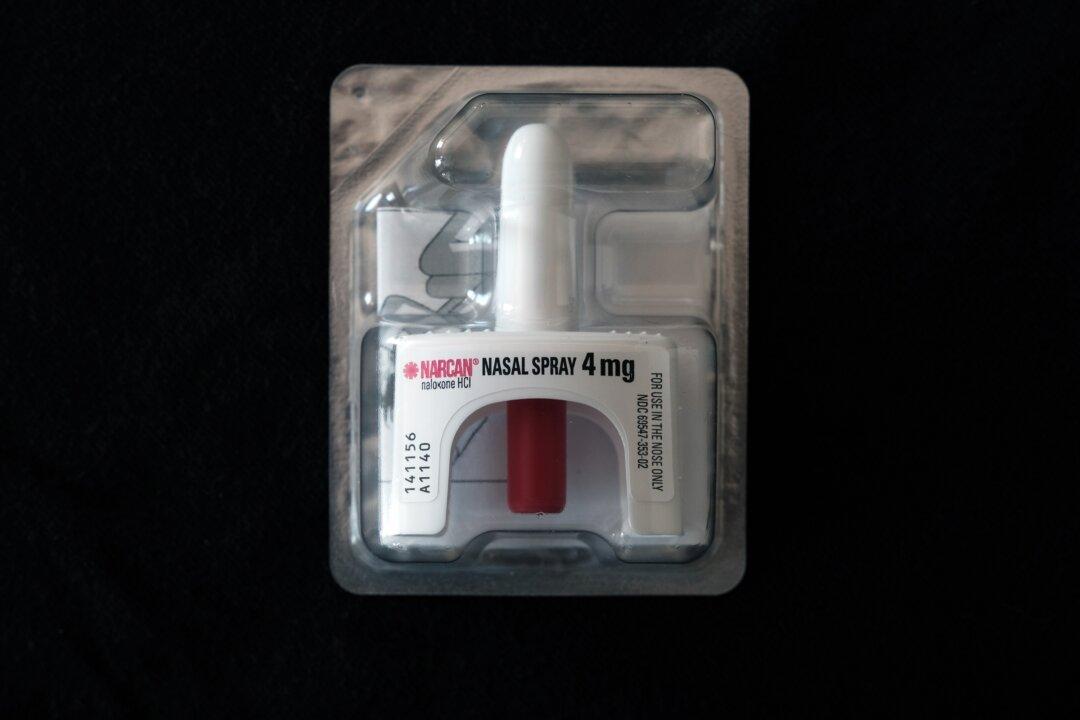Gov. Gretchen Whitmer signed into law a $70 billion budget on Wednesday. The spending marks an 11.5 percent increase compared to the last budget.
“This is a budget that puts Michiganders first. We are coming together to grow the middle class, support small businesses, and invest in our communities,” Whitmer said in a statement.





